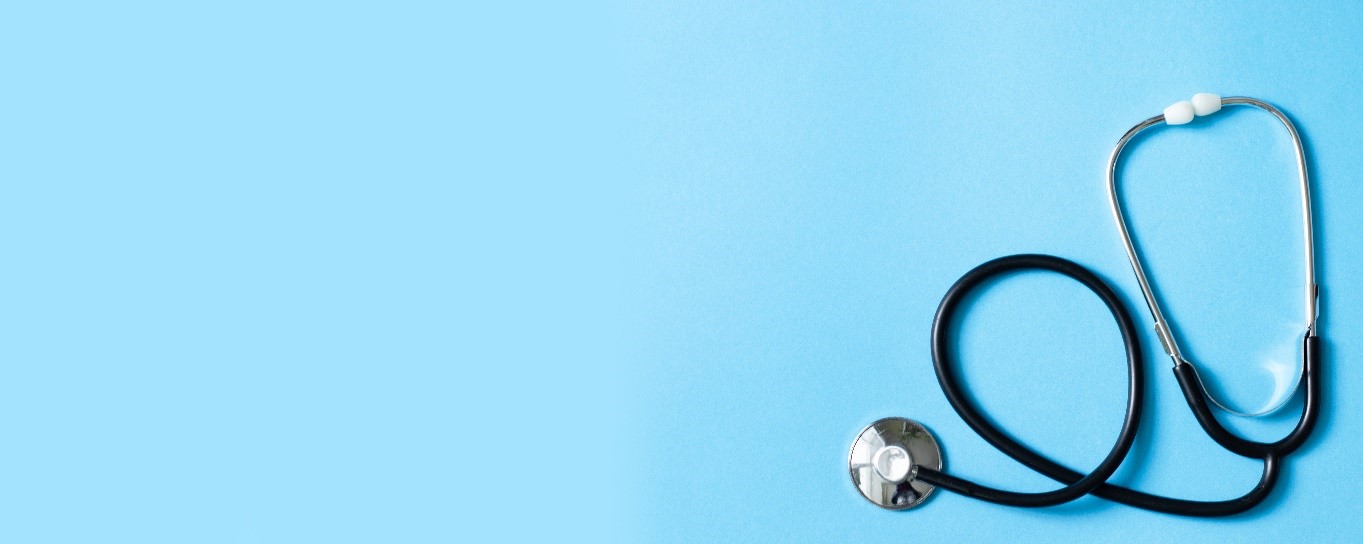Trends serve as a guiding light for the healthcare industry, indicating the industry’s direction and highlight the technologies reshaping it. Trends help industry leaders get a better sense of what their patients need and help patients better understand what type of care is available for them.
As we enter a new year, Bauen Solutions wanted to take time to highlight the predicted digital healthcare trends, report on the healthcare technology ecosystem, and reflect on how far we have come.
2021 Transformative Trends in Healthcare
There is no question that the coronavirus pandemic has brought unimaginable changes to how we think about and practice healthcare. Whenever there is a robust and technology-driven response to address urgent needs, you will have positive conclusions that last far beyond the current crisis.
These positive implications give patients and providers new opportunities for better care and connection. Below are five technology trends shaping the digital health ecosystem in 2021.
Home Healthcare Delivery
As hospitals and other healthcare facilities continue to manage the copious number of high-risk cases, there is an increased need to optimize and expand home healthcare. Providers support this transition by offering telehealth options and portals that provide various self-service and messaging functions.
Over the past few years, Americans were slow to adopt home healthcare resources. A survey from 2017 showed that 82 percent of consumers in the United States did not use telehealth resources. Now, as we move into a new year, researchers predict that providers could see telehealth interaction reach 1 billion, forever changing the way we think about “visiting the doctor.”
Healthcare Facility Design and Cleaning Tech
Sanitation and facility design rank in the top priorities for healthcare facilities in 2021. To keep spaces as sanitary as possible, providers are looking to various tools to solve the crucial task of deep cleaning and implementing the best hygiene practices. Additionally, they are looking to change the layout and traffic processes to reduce clustering and identify contagious individuals before entering the building.
Autonomous robots and radio-frequency identification (RFID) are ready to help tackle these challenging tasks. Facilities use autonomous robots that emit germ-killing ultraviolet light to decontaminate rooms within minutes and RFID technology to track how often employees are washing their hands.
One trend we saw appear in 2020 that will be staying for 2021 is using thermal cameras at entryways to detect those with an elevated body temperature.
Virtual Reality Integration
One vital aspect of medical training is hands-on experience. Medical schools, nursing schools, and the like have had to completely change the way students receive the hands-on training necessary to join the workforce.
With the help of headsets and specially designed software, students can train using lifelike surgical training programs and supplemental clinical experiences. Beyond that, providers leverage this software for distraction for pain management and a detailed perspective on scans.
Increased Data Interoperability
It is of utmost importance that healthcare facilities, pharmaceutical spaces, and insurance companies continue to improve and increase data interoperability throughout the new year. Balancing various electronic health record platforms and healthcare systems are crucial to tracking COVID-19 cases, hospital capacities, contact tracing, and vaccine administration.
There are new federal interoperability rules implemented to improve patient access to their health data and ensure that providers meet data security requirements.
The New Normal for the US Healthcare System
For many years, nearly everyone working in healthcare shares the same frustration: executives in the industry are hesitant about embracing the newest healthcare trends and technologies. Some of the most established healthcare companies are unwilling to abandon outdated processes, even when it is more cost-effective to transition to more innovative methods.
The coronavirus altered the path of digital transformation in the healthcare industry. With the threat of overwhelm, increasing infection rates, and businesses crashing, industry leaders had no choice but to transition to a more modern healthcare approach without question.
The healthcare industry is in a much different position than last year at this time, and with the pandemic still looming over us, we need to continue to adapt. There is no quick fix to the challenges the industry is facing, but there is hope. There is a way forward.
If you need guidance in driving your healthcare facility or organization toward digital transformation, the team of experts at Bauen Solutions is excited to help. Learn more about the new custom healthcare solution that saved a medical records management software company millions of dollars and see a custom solution that would be perfect for you.





